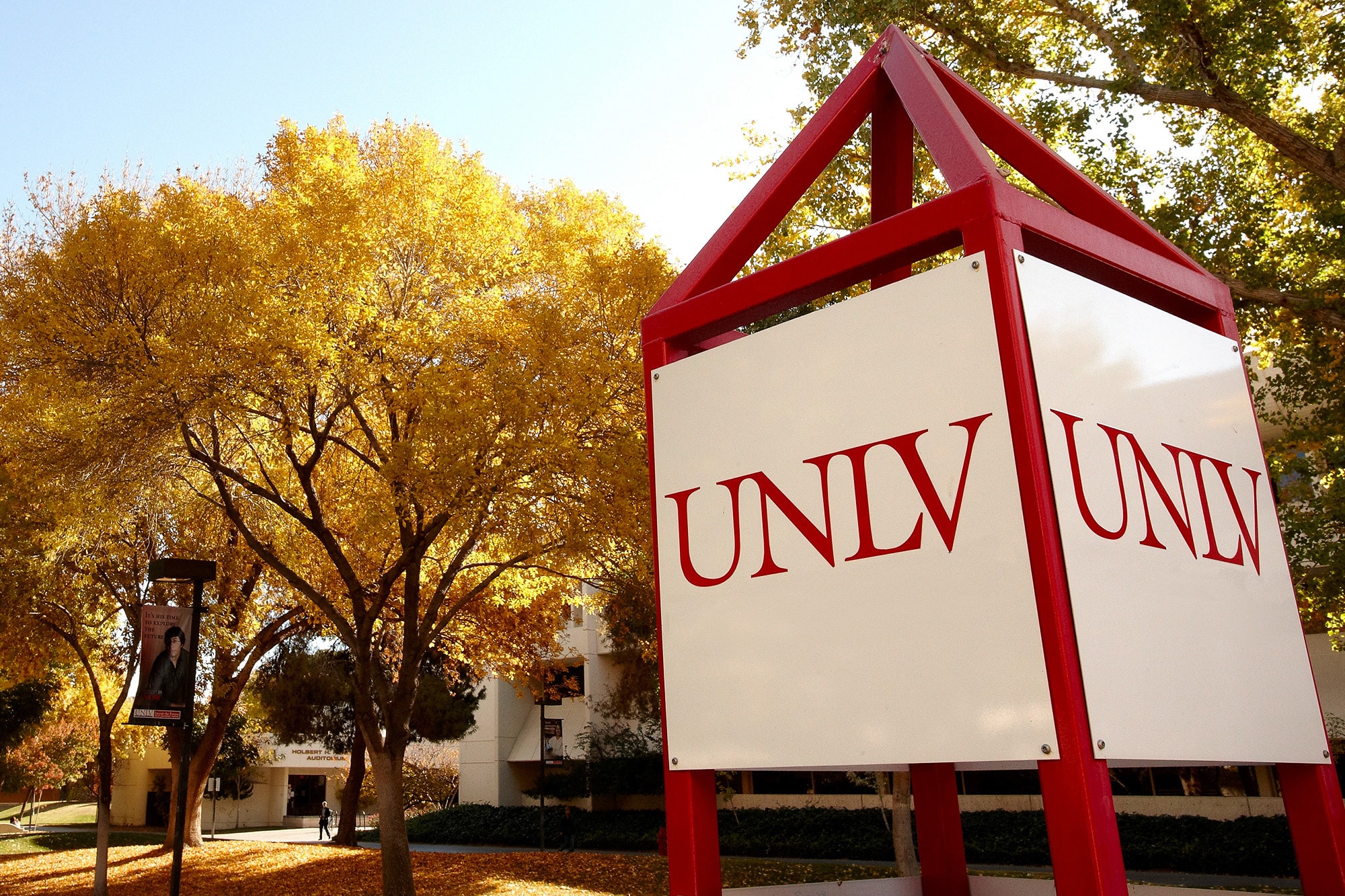Southern Nevada's newest registered nurse graduates will be better prepared to meet the needs of area hospital patients, thanks to a year-long nursing residency pilot program developed by UNLV School of Nursing Professor Susan Kowalski.
Nevada's nursing shortage has forced many local hospitals to fill experienced staff vacancies with new registered nurse graduates. As new nurses represent a growing percentage of hospital nursing teams, their ability to make accurate clinical decisions has become increasingly important. Nurse retention is also an issue. Research conducted at UNLV shows that 30 percent of new registered nurses in Nevada leave their first job within their initial year of employment. The residency program addresses these issues through structured experiences and regular evaluations from program coordinators and mentors within each of the hospitals.
Kowalski, who received $646,000 from the Health Resources and Services Administration (HRSA) to develop the program, hopes to ease the transition for new graduate registered nurses from the classroom into the clinical setting.
"Transition into professional nursing practice requires a supportive network and structured learning environment for new graduates to master clinical skills and improve their professional
competency," said Kowalski. "Additionally, greater job satisfaction contributes to higher retention, lower recruitment costs, and, ultimately, improved patient care."
"While it is imperative that we continue to build the nursing workforce by increasing the number of graduates, it is of equal importance that new graduates are provided the support, mentorship and time necessary to develop the skills to practice independently and safely in the clinical setting," said Marcey Jorgenson, chief nursing officer for Desert Springs Hospital. "Partnerships between academia and service are critical if we are to meet the challenges of building a strong and diverse nursing workforce."
The nursing residency program will be offered to 30 graduate employees at Desert Springs and Valley hospitals each year and builds upon the hospitals' current orientation experience. The addition of a formal mentorship period with a current staff registered nurse, increased critical skills training, and monthly educational and peer support sessions will improve retention, clinical judgment and professional competency among the region's growing nursing workforce.
Grant funding for the residency program begins this summer and is slated through December 2010. The program consists of three groups of 10 nurses per year, for a total of 90 nurses during the project. Kowalski will collaborate with the residency coordinator and educational directors at Desert Springs and Valley hospitals; Carolyn Yucha, dean of the UNLV School of Nursing; and adult education specialist and healthcare consultant Leah Kinnaird.



